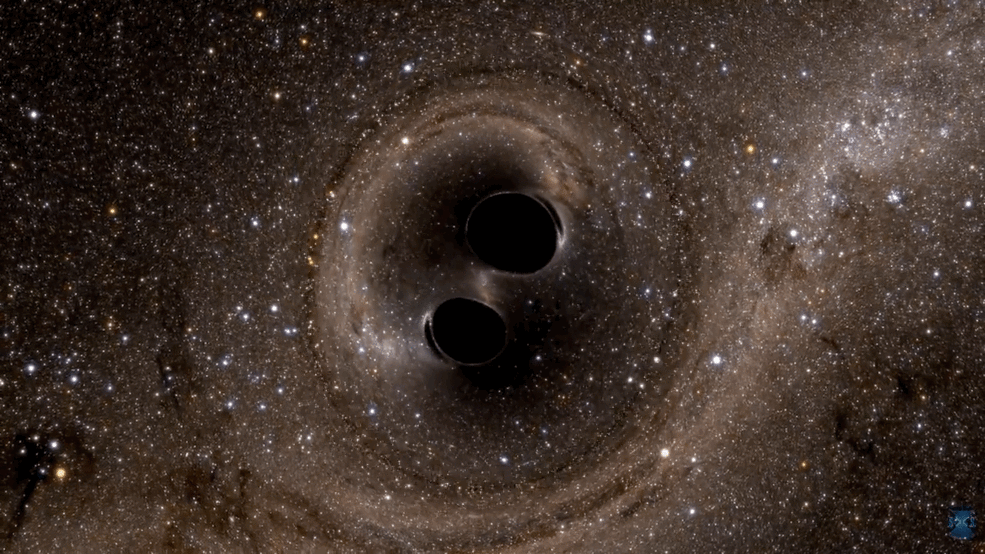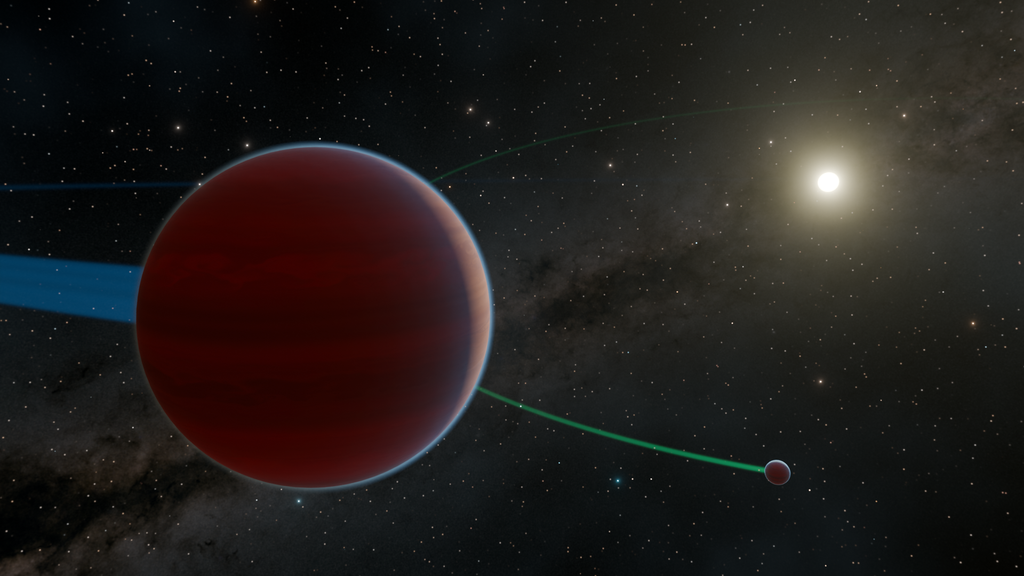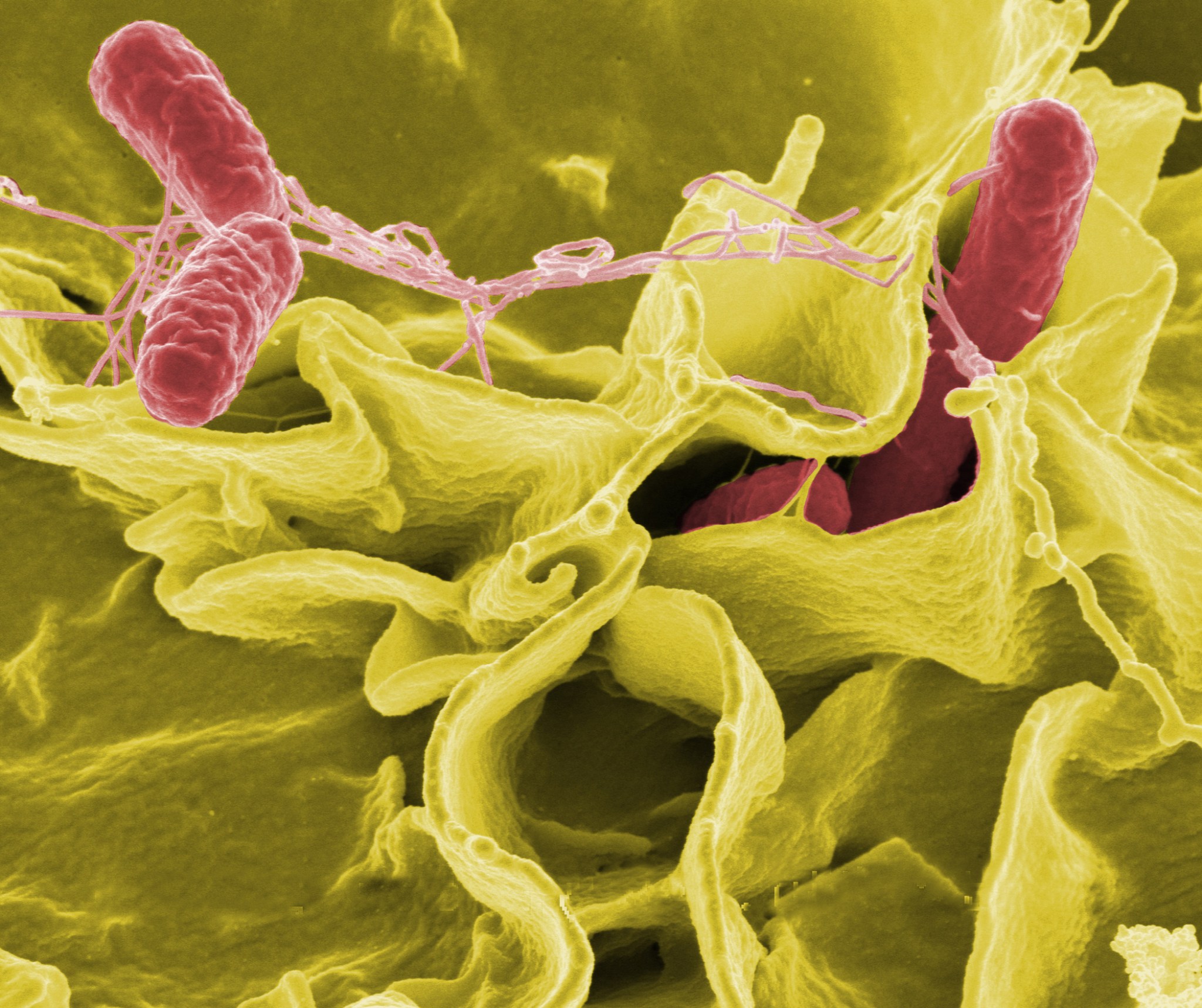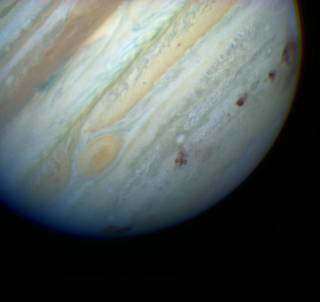December 2018: Time frames are relative.
According to the special theory of relativity, time frames are relative: I have one, you have one, the third planet of Gliese 581 has one. Ours are similar because we are moving at similar speeds. If we were moving at very different speeds, we would find that one of us aged quicker than the other. Similarly, if one of us was closer than the other to a major gravity well like the Earth, we would age slower than someone who wasn’t.
Astronaut Scott Kelly recently spent a year aboard the International Space Station as part of an experiment to measure the effects of space travel on him compared with his identical twin brother Mark, who remained on the earth. Although most of the analysis related to physiological changes, one change was that during the spaceflight Scott, who at launch was 6 minutes younger than his earthbound brother, became 6 minutes and 5 milliseconds younger than his brother because he was traveling at a faster speed during that year.
(Fact validated by Jack Lissauer from the Planetary Science Branch)

November 2018: Without gravity, some bugs get nastier.
Bad news for space cadets: Some bacteria become nastier in space. A 2007 study published in the journal Proceedings of the National Academy of Sciences found that Salmonella, the bacteria that commonly causes food poisoning, becomes three times more virulent in microgravity. Something about the lack of gravity changed the activity of at least 167 Salmonella genes and 73 of its proteins. Mice fed the gravity-free Salmonella got sick faster after consuming less of the bacteria. In other words, Michael Crichton’s “The Andromeda Strain” had it wrong: The danger of infection in space may not come from space bugs. It’s more likely our own bugs grown stronger would strike us.
(Fact validated by Craig Everroad from the Exobiology Branch.)
October 2018: Exoplanets facts
In our galaxy:
There are more planets than stars.
There are more planets than people who have ever lived.
There are more potentially habitable planets than people alive.
(“Potentially habitable planet” is a rocky planet in the habitable zone of its star.)
(Fact provided by Rus Belikov).
September 2018: Jupiter is the Fastest Spinning Planet.
Jupiter spins at a speed of up to 28,273 miles per hour, which is almost 28 times the speed of Earth. It takes, on average, 10 hours for Jupiter to make a full rotation, meaning that Jupiter also has the shortest days of all the planets in our Solar System. The rapid rotation forces a considerable equatorial bulge. Unlike Earth, it is a gas planet, which means that it does not spin as a solid object. Surprisingly, the equator of the gas giant spins a little faster than the rest of its mass, and this forces it to bulge out in this area even faster (makes a rotation in less time) than the rest of its mass.
Recommended changes based on the following:
The rotation speed is, of course, a function of latitude.
The bulge is due primarily to the rotation (rather than the differential rotation). Earth also has one.
It is helpful to carefully explain the meaning of equatorial super-rotation (as the equator of any rotating object travels faster than other latitudes).
(Corrections provided by Howard Houben).

























